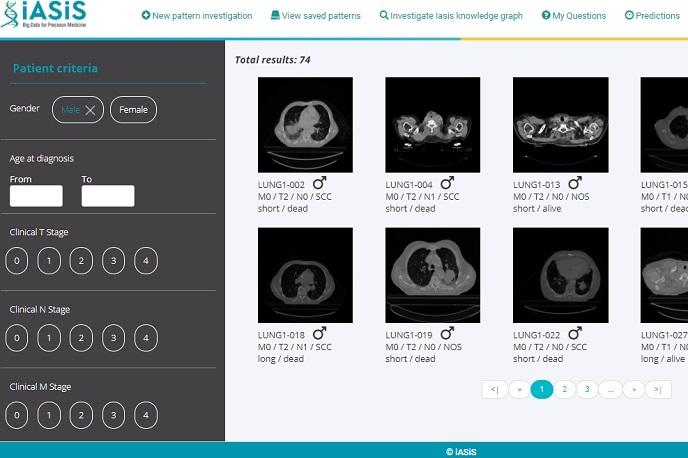Systems biology infrastructure for Europe
To realise a detailed proposal for systems biology infrastructure in Europe, a roadmap and an understanding of the structure and functioning of this resource is required. For instance, access to standardised data and resources for analysis is needed. In addition, the underlying scientific vision and the anticipated models for governance, sustainable funding and training must be considered. The ISBE(opens in new window) (Infrastructure for systems biology - Europe) consortium consisting of 23 partners from 11 Member States, focused on broad consultation with relevant stakeholders. The preparatory phase identified technical requirements through the project website, surveys, conference and workshops. Expert consultations provided tech specs for a physical infrastructure. A business plan has been developed through input from stakeholders, governments and ministries. Several reports were written using data from a detailed survey of existing activities in systems biology. A preliminary description of the structure and function of ISBE has provided the platform for further stakeholder consultations at both national and international level. ISBE has also focused on a review of training in systems biology in Europe. Aimed at the education of graduates and post-graduates, this will be used to develop a pan-European network of ISBE training activities in systems biology. Work will also ensure standardisation and quality control across the continent. A fully integrated systems biology infrastructure for Europe will have an impact on personalised medicine, the provision of alternative nutrition concepts and sustainable food production. ISBE deliverables are poised to boost the bio-based economy through production of new and improved biofuels and bio-based materials. Moreover, waste and water management, protection and conservation of the environment will benefit. The ISBE will comprise a collaborative network of synergistic national systems biology centres, with overlapping and complementary expertise. Development of collaborations with other research infrastructures in the biological and medical sciences stands to ensure optimal coordination, harmonisation, integration and interoperability of data and applications. Activities of the centres will be coordinated at European level by a central ISBE office headed by a director and a supervisory board of stakeholders. The ISBE initiative promises to further collaborative work globally; to bring the interests of academia and industry closer; and, overall, to facilitate new technologies across the biomedical sector.







